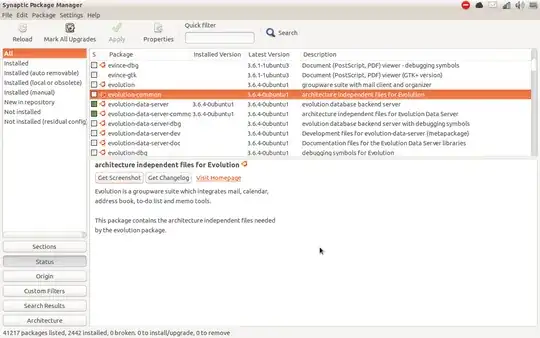
 The looping of Evolution factories slow the system to sudden and lengthy halts. When I access the System Monitor I can stop the individual processes that cause the problem. These processes are as follows;
The looping of Evolution factories slow the system to sudden and lengthy halts. When I access the System Monitor I can stop the individual processes that cause the problem. These processes are as follows;
evolution-source-registry
notably, evolution-addressbook-factory
Once evolution-addressbook-factory is stopped the processes are eventually replaced by similarly named processes, but the looping stops. When I connect to Thunderbird it slows substantially. Initially I used evolution mail when running Ubuntu 12.10 but removed it and have been using Thunderbird.
My laptop specs are:
Ubuntu 13.04 32-bit
2.0 GHz (dual core, both cores at 2.0 GHz)
1GB RAM
After carrying out the recommended procedures for complete removal I recieved a cache read error after removing evolution from the package manager entirely. Re-downloading the packages in the package manager enabled email recognition and produced the error seen in the screenshot.